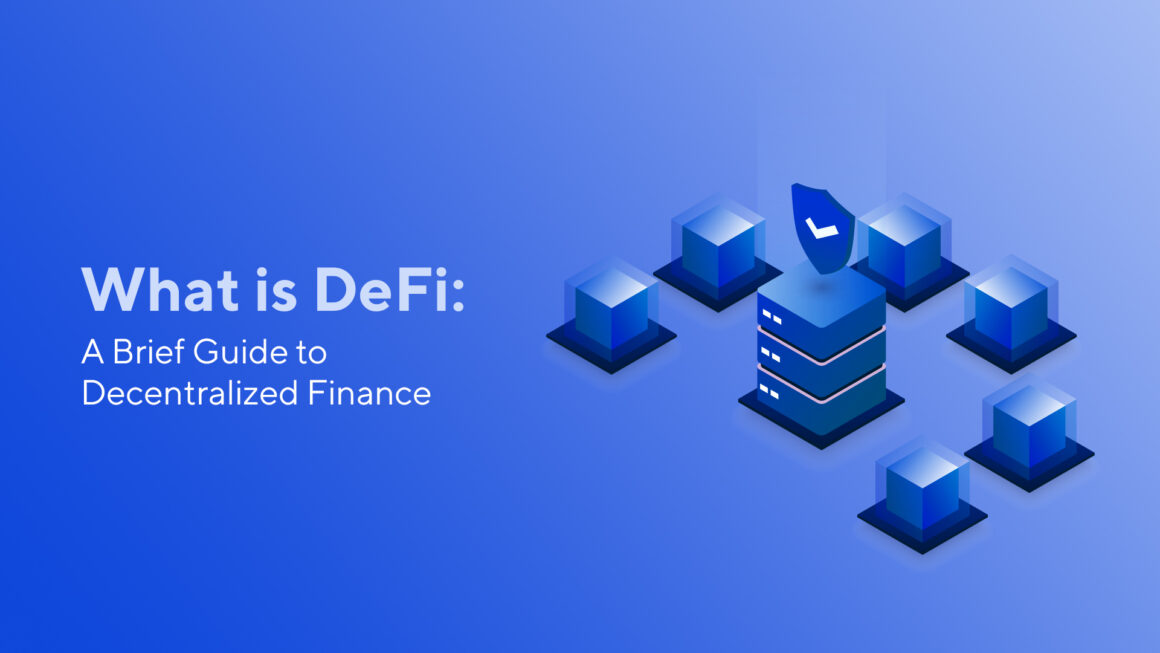Take out a loan without a complex verification and revealing your identity? To earn interest on credit while the money is in your wallet and can be used at any time?
Sounds crazy or impossible? Well, we’re already living in this reality! How? With DeFi!
What is DeFi: Key Information to Know
Decentralized finance, or DeFi for short, refers to the blockchain system that allows people to use financial services without having to rely on centralized entities such as banks. These financial services are provided via decentralized applications and processed via a blockchain.
The users can act as their own bank. Participation is a censorship-resistant and transparent one. Blockchain is also considered very secure and solves the lack of credibility problems.
Traditional Financial Sector: Key Benefits of DeFi
It’s no accident that the development of the financial sector has now switched to DeFi. Many years ago it was clear that the financial sector won’t have a bright future in its traditional form.
Who knows this? To transfer money, a special form must be completed and brought to a bank. After about three days you go back to the bank and print out an account statement to check whether the transfer has actually been confirmed or not. For many people, that sounds like a completely different period of time. And those who grew up with online banking don’t know anything like that. But even today, this issue still relevant for many people.
Not everyone uses online banking. Not to mention the approximately 1.7 billion people in the world who have no bank account at all. While some users can easily get a consumer loan online with just one click, others still go through a lengthy process of checking their creditworthiness to apply for an urgently needed loan from a bank.
Funding from the commercial and central banks is largely slow, poor, and inefficient. And the fees are usually very high. Too many manual processes and too little smart software. And no one really knows exactly what the banks are doing with our money behind closed doors.
FinTech Companies: What Are the Main Pros
The first FinTech companies appeared almost twenty years ago. They started their activity with fewer staff and more software to speed up financial processes and make them more efficient. Many companies have successfully done this.
PayPal provides instant money transfers without a bank account. N26 offers a modern bank account via a mobile app. And Mintos offers peer-to-peer loans and manageable risk loans.
But FinTech companies as well as traditional credit institutions and financial service providers still have one thing in common — these are centrally managed institutions that you have to trust. In principle, they can deny or restrict access to their services at any time. And there is no guaranteed security either.
A New Era of Blockchain Has Come
The principle of a blockchain enters the battlefield when it comes to security and credibility.
In a nutshell, a blockchain is a digital decentralized encrypted network that cannot be hacked and to which everyone can gain access around the clock, regardless of origin, age, or religion.
Applied to the financial sector, this could mean financial services that everyone can use without asking for permission from a central authority.
Sounds too good to be true? Well, this is no longer a dream since Bitcoin!

Leave a Reply